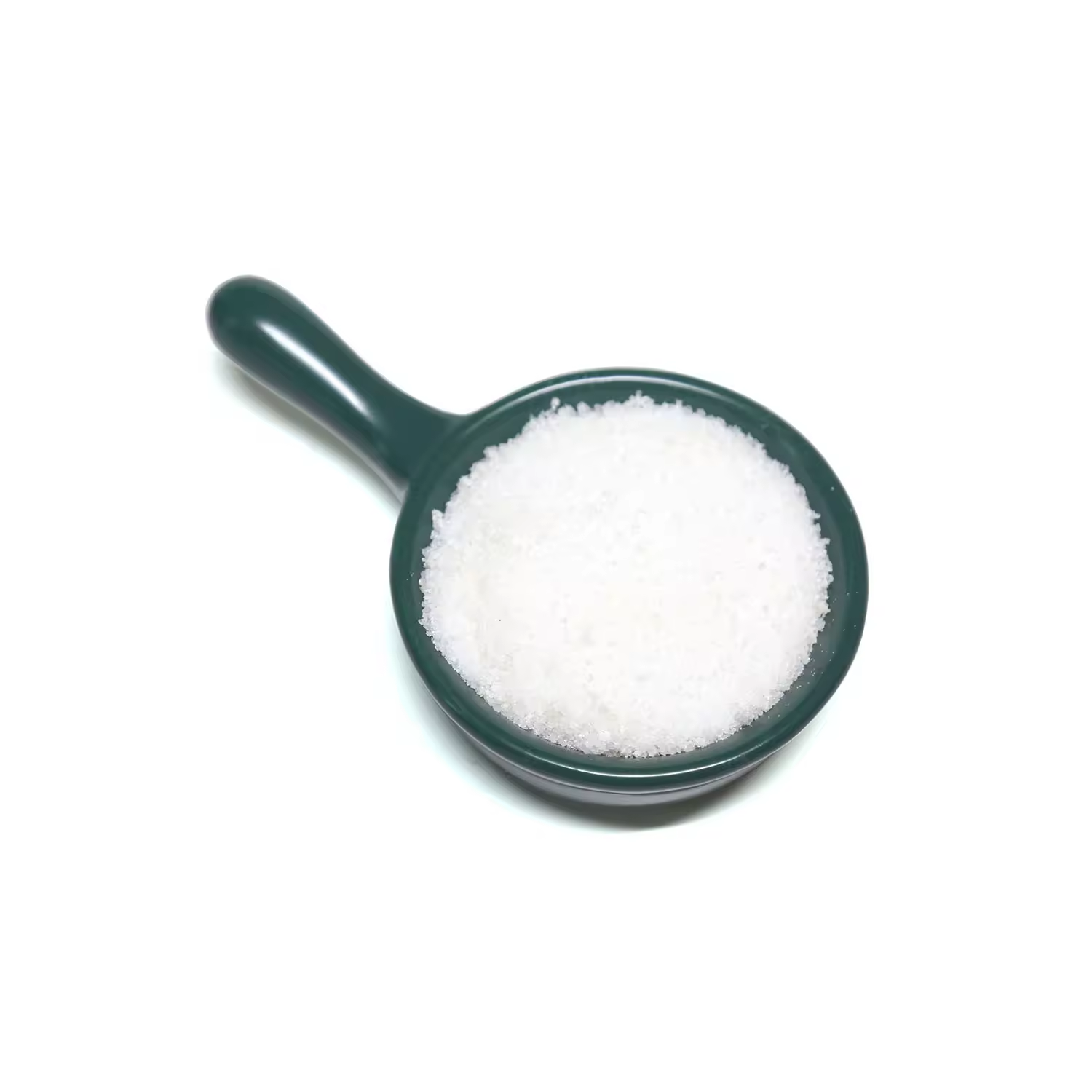-
Categories
-
Pharmaceutical Intermediates
-
Active Pharmaceutical Ingredients
-
Food Additives
- Industrial Coatings
- Agrochemicals
- Dyes and Pigments
- Surfactant
- Flavors and Fragrances
- Chemical Reagents
- Catalyst and Auxiliary
- Natural Products
- Inorganic Chemistry
-
Organic Chemistry
-
Biochemical Engineering
- Analytical Chemistry
-
Cosmetic Ingredient
- Water Treatment Chemical
-
Pharmaceutical Intermediates
Promotion
ECHEMI Mall
Wholesale
Weekly Price
Exhibition
News
-
Trade Service
9-(1,1-bipheny)-4-yl-3-(4-broMophenyl)carbazole, often referred to as BPC, is a promising material in the field of organic electronics.
Its unique properties, such as high charge carrier mobility and high thermal stability, make it an ideal candidate for use in organic field-effect transistors (OFETs), organic solar cells, and other organic electronic devices.
However, the safety of BPC has become a topic of concern in recent years, as it has been shown to exhibit toxic effects on human cells.
The toxicity of BPC has been studied extensively in recent years, and the results have been contradictory and confusing.
While some studies have shown that BPC is safe at low concentrations, others have reported toxicity at much lower concentrations.
This has led to confusion and uncertainty about the safety of BPC, and has made it difficult to determine the safe use levels for this material.
One of the main concerns with the safety of BPC is its ability to interact with cellular systems and cause toxicity.
Studies have shown that BPC can interact with cellular systems, such as the DNA damage response and the stress response, and cause damage to cells.
This damage can result in the death of cells, and can also lead to the development of cancer and other diseases.
Another concern with the safety of BPC is its ability to cause oxidative stress.
Studies have shown that BPC can generate reactive oxygen species (ROS), which can damage cells and tissues.
This damage can result in the death of cells, and can also lead to the development of diseases such as cancer and neurodegenerative diseases.
There is also concern about the safety of BPC in terms of its environmental impact.
Studies have shown that BPC is persistent in the environment and can bioaccumulate in organisms.
This raises concerns about the potential for BPC to cause environmental harm and to impact wildlife and ecosystems.
To address the safety concerns surrounding BPC, it is important to consider alternative material options that have similar properties to BPC, but with lower toxicity.
Researchers are working on the development of new materials that have similar properties to BPC, but that are less toxic and have lower environmental impacts.
These materials are being studied as potential alternatives to BPC, and could provide similar performance while reducing the risks associated with the use of BPC.
In conclusion, while the use of BPC in organic electronics has the potential to offer significant benefits, the safety concerns associated with this material are a major concern.
The contradictory and confusing results of studies on the toxicity of BPC have made it difficult to determine the safe use levels for this material.
It is important for researchers and manufacturers to consider alternative material options that have similar properties to BPC, but with lower toxicity, in order to reduce the risks associated with the use of BPC.
Additionally, further research is needed to fully understand the toxic effects of BPC and to ensure the safe use of this material.







